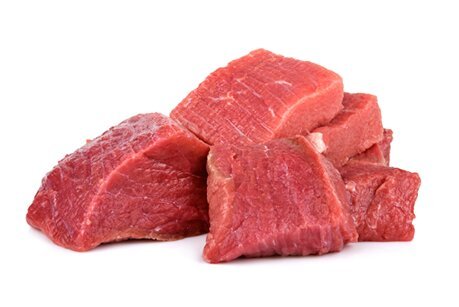Red wine is a popular drink worldwide and is believed to contain compounds that may help reduce the risk of cardiovascular disease, hypertension, diabetes, and some types of cancer.
While excessive alcohol consumption can be harmful, moderate red wine intake may offer health benefits.
Read Also: What Does Alcohol Do To Your Body?
Red wine is made up of water, alcohol, acids, carbohydrates, minerals, and a variety of antioxidants, including polyphenols and aromatic compounds.
These antioxidants neutralize unstable molecules that can harm cells, with resveratrol being one of the key polyphenols that may protect the heart.
Other foods, like walnuts, tangerines, sweet potatoes, and peaches, also contain polyphenols, so there’s no need to drink red wine just for its health benefits if you don’t already consume alcohol.
Heart Disease Risk Reduction
Red wine contains over 200 polyphenols, including resveratrol, catechins, flavonols, procyanidins, and anthocyanins. These compounds likely work together to improve health outcomes, with resveratrol being especially effective in preventing heart disease. Polyphenols may protect the heart by neutralizing harmful reactive substances in the body, reducing oxidation of LDL cholesterol (bad cholesterol) and potentially increasing HDL cholesterol (good cholesterol). Compared to other alcoholic beverages, red wine’s higher antioxidant content, combined with a plant-rich diet, may contribute to lower heart disease mortality rates.
Blood Pressure Reduction
While excessive alcohol can raise blood pressure, moderate red wine consumption may have a positive effect on endothelial function (how smoothly blood flows) due to its polyphenol content. Some studies suggest that red wine can increase levels of cells that help repair and protect blood vessels, which might lower blood pressure. However, more research is needed, particularly to understand the effects on different populations and under various consumption circumstances.
Protection Against H. Pylori
Red wine’s flavonoids, a type of polyphenol, possess antibacterial properties and may help protect against harmful bacteria like *Helicobacter pylori*, which can cause stomach infections and ulcers. These compounds may also protect the stomach lining from alcohol-induced damage. Further studies are needed, but polyphenols may act as probiotics, promoting digestive health and potentially preventing inflammatory intestinal diseases.
Cancer Protection
Some polyphenols in red wine, like resveratrol and quercetin, have been linked to a lower risk of certain cancers, including those that are hormonal or metastatic. While research is promising, excessive alcohol intake is also associated with an increased cancer risk, so moderation is key.
Brain Health Support
Polyphenols in red wine, particularly resveratrol, may help protect against Alzheimer’s disease by reducing oxidative stress and inflammation in the brain. Quercetin, a potent antioxidant, might also help protect brain cells from damage. However, more research is needed to fully understand the benefits and risks of red wine on brain health.
Blood Sugar Control
Light to moderate red wine consumption, as part of a Mediterranean diet, may help regulate blood sugar levels and support heart health. Studies suggest that moderate red wine intake could reduce insulin resistance, a precursor to type 2 diabetes, and lower blood sugar levels in older adults. However, individual responses to alcohol vary, and the effects may not be the same for everyone.




